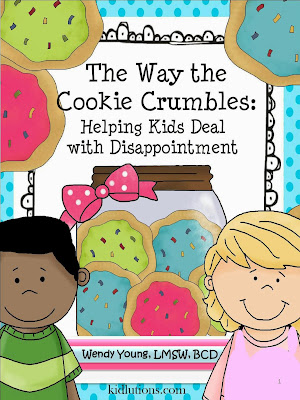5 Ways Calm Parents Help Their Kids
Have It to Teach It: Self-Regulation Skills
Self-regulation is a critical skill for both children and adults. As parents, our ability to manage our emotions, reactions, and behaviors significantly impacts our ability to teach our children to do the same, and ultimately it impacts the trajectory of our children’s development.
Five Ways Calm Parents Help Their Kids
Let’s explore why parents need self-regulation skills
and how they can, in turn, positively influence their children to develop the same:
1.
Modeling Behavior
Children are keen observers. They learn by watching their parents navigate life’s challenges. When parents demonstrate self-regulation—remaining calm during stress, handling frustration, and making thoughtful decisions—they provide a powerful example.
Here’s how modeling behavior benefits children:
- Emotional Intelligence: Children learn to recognize and
manage their emotions effectively. They witness healthy coping mechanisms
and learn to express themselves constructively.
2.
Creating a Supportive Environment
A stable and nurturing
environment is essential for a child’s emotional well-being. When parents
practice self-regulation, they:
- Provide Security: A calm parent helps a child
feel safe. Children learn that emotions can be managed, which reduces anxiety
and promotes trust.
3.
Teaching Coping Strategies
Parents equipped with
self-regulation skills can teach their children practical coping strategies:
- Deep Breathing: Teach kids to take deep breaths
during stressful moments. This simple technique helps regulate emotions
and promotes relaxation. Practice these skills when everyone is calm, so they are easier to access during stressful times.
4.
Enhancing Parent-Child Interactions
Effective communication
is vital for parent-child relationships. Self-regulated parents:
- Listen Actively: Attentive listening validates a
child’s feelings. It encourages open communication and empathy.
5.
Promoting Emotional Well-Being
Parents who prioritize
self-regulation benefit themselves and their children:
- Resilience: Managing stress and emotions contributes to a parent’s mental health, and in turn, the mental health of their children.
Need a Quick and Helpful Resource
for BIG Emotions?
For ages 7 and Up,
and Younger Kids, with Guidance!
Join the Kidlutions Family
Until next time,















Comments